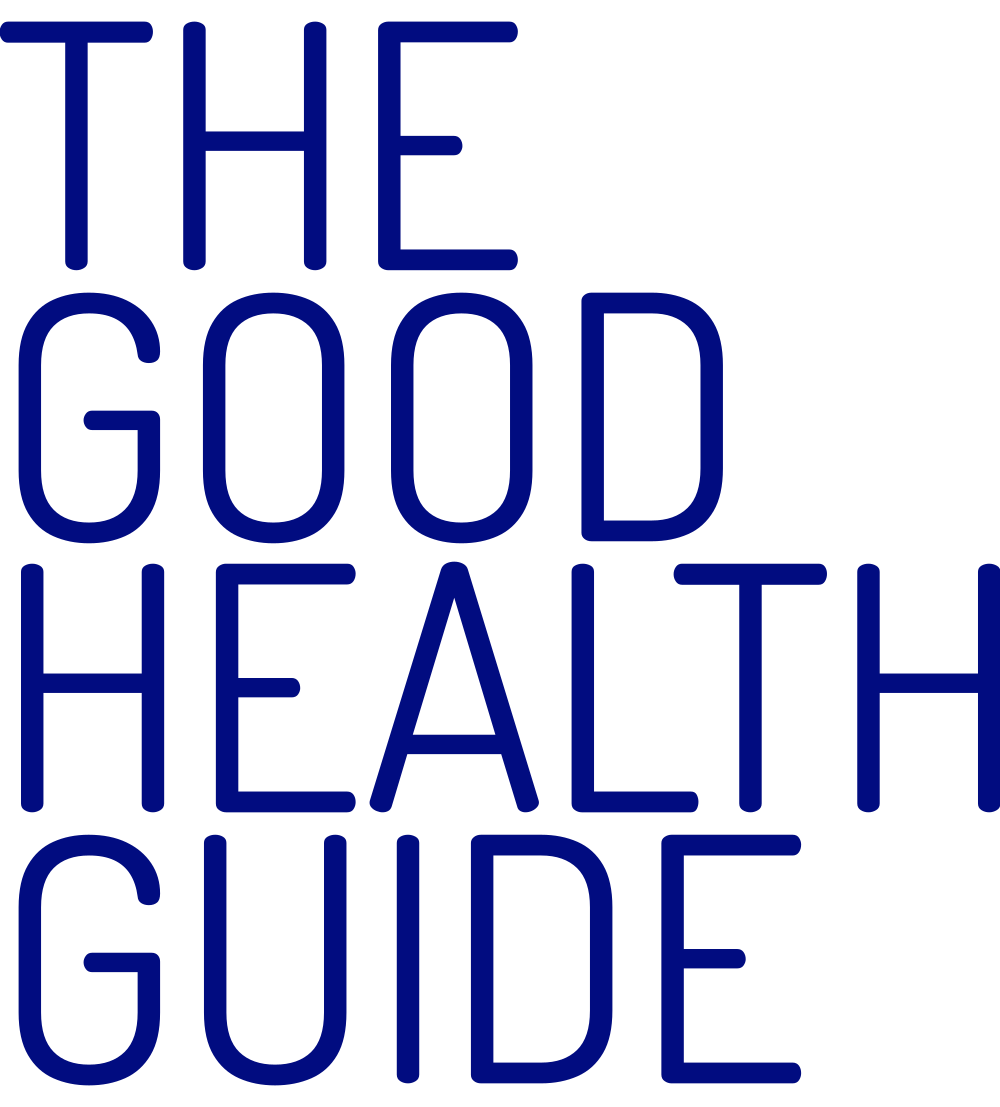the importance of mental health awareness cannot be overstated. While strides have been made in understanding and addressing mental health issues, there remains a significant gap when it comes to men’s mental well-being. In this article, we delve into the challenges faced by men regarding mental health and explore strategies for combating them.
The societal narrative surrounding masculinity often perpetuates the notion that men should be stoic and unyielding in the face of adversity. This ingrained stereotype creates a barrier for men to openly discuss their mental health struggles. Consequently, many men suffer in silence, leading to detrimental effects on their overall well-being.
Understanding Men’s Mental Health
Societal Expectations and Stigma
From a young age, men are taught to embody traits such as strength, independence, and emotional resilience. While these qualities hold value, the expectation to adhere strictly to these standards can be detrimental. Men may feel pressured to suppress their emotions, fearing that expressing vulnerability is a sign of weakness.
Unique Challenges Faced by Men
Men encounter specific stressors that can exacerbate mental health issues. Whether it’s societal pressure to succeed professionally, maintain provider roles within families, or conform to rigid gender norms, the cumulative effect can take a toll on mental wellness.
Factors Contributing to Men’s Mental Health Issues
Pressure to Conform to Traditional Masculine Norms
The expectation for men to project an image of invincibility can lead to internalized struggles. Instead of seeking help when needed, men may attempt to cope independently, resulting in prolonged suffering.
Relationship and Family Stressors
Navigating intimate relationships and familial responsibilities can be challenging, particularly when coupled with societal expectations. Relationship conflicts or strains within the family dynamic can contribute to feelings of isolation and inadequacy.
Career and Financial Pressures
The pursuit of professional success often comes with its own set of stressors. Whether it’s job insecurity, long work hours, or financial concerns, men may feel compelled to prioritize career advancement at the expense of their mental health.
Impact on Physical Health
The mind-body connection is undeniable, with mental health significantly influencing physical well-being. Untreated mental health issues can manifest in various physical symptoms, highlighting the importance of holistic health management.
Strategies for Improving Men’s Mental Health
Seeking Professional Help
Breaking the stigma surrounding mental health starts with encouraging men to seek professional assistance when needed. Therapy, counseling, and support groups offer invaluable resources for managing mental health challenges.
Encouraging Open Communication
Creating safe spaces for men to express their emotions without judgment fosters emotional resilience and strengthens social connections. Open communication reduces the stigma associated with seeking help and promotes a culture of support.
Promoting Self-Care Practices
Prioritizing self-care activities such as exercise, mindfulness, and leisure pursuits is crucial for maintaining mental well-being. Encouraging healthy lifestyle habits empowers men to proactively manage stress and improve overall quality of life.
Breaking the Stigma
Normalizing conversations about mental health is paramount in challenging outdated stereotypes. By sharing personal experiences and fostering empathy, we can create a more inclusive environment where men feel comfortable seeking support.
Importance of Support Networks
Building strong support networks comprised of family, friends, and community resources provides a vital safety net for men facing mental health challenges. Cultivating meaningful connections reinforces a sense of belonging and reduces feelings of isolation.
Role of Healthcare Professionals
Healthcare professionals play a pivotal role in addressing men’s mental health needs. By offering tailored treatment plans and accessible resources, clinicians can empower men to take proactive steps towards recovery.
Promoting Mental Health Awareness
Educational initiatives and outreach programs play a crucial role in raising awareness about men’s mental health issues. By disseminating accurate information and challenging stereotypes, we can dismantle barriers to seeking help.
Personal Stories of Triumph
Highlighting stories of resilience and triumph serves as a beacon of hope for men navigating their mental health journey. By showcasing individuals who have overcome adversity, we inspire others to seek support and pursue healing.
Conclusion
In conclusion, prioritizing men’s mental health requires a concerted effort to challenge societal norms, promote open dialogue, and provide accessible resources. By fostering a culture of acceptance and support, we can empower men to prioritize their mental well-being and lead fulfilling lives.
FAQs
1. Are men more prone to mental health issues than women?
- While mental health issues can affect anyone regardless of gender, societal expectations and stigma often make it challenging for men to seek help, potentially exacerbating their struggles.
2. How can I support a male friend or family member experiencing mental health challenges?
- Encourage open communication, validate their feelings, and offer non-judgmental support. Help them access professional resources if needed.
3. What are some signs that a man may be struggling with his mental health?
- Changes in behavior, mood swings, social withdrawal, increased substance use, and difficulty coping with stress are all potential indicators of mental health issues.
4. Is it normal for men to feel reluctant to seek help for mental health concerns?
- Yes, due to societal norms that discourage vulnerability, many men may hesitate to seek help. However, it’s essential to emphasize that seeking support is a sign of strength, not weakness.
5. Can men benefit from therapy and counseling?
- Absolutely. Therapy and counseling provide valuable tools for addressing mental health concerns, offering coping strategies, and fostering personal growth.

